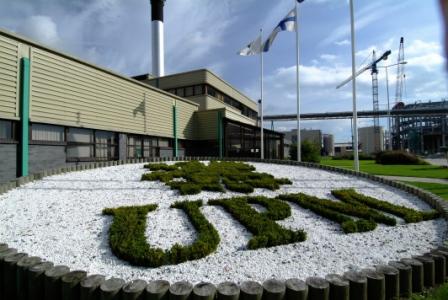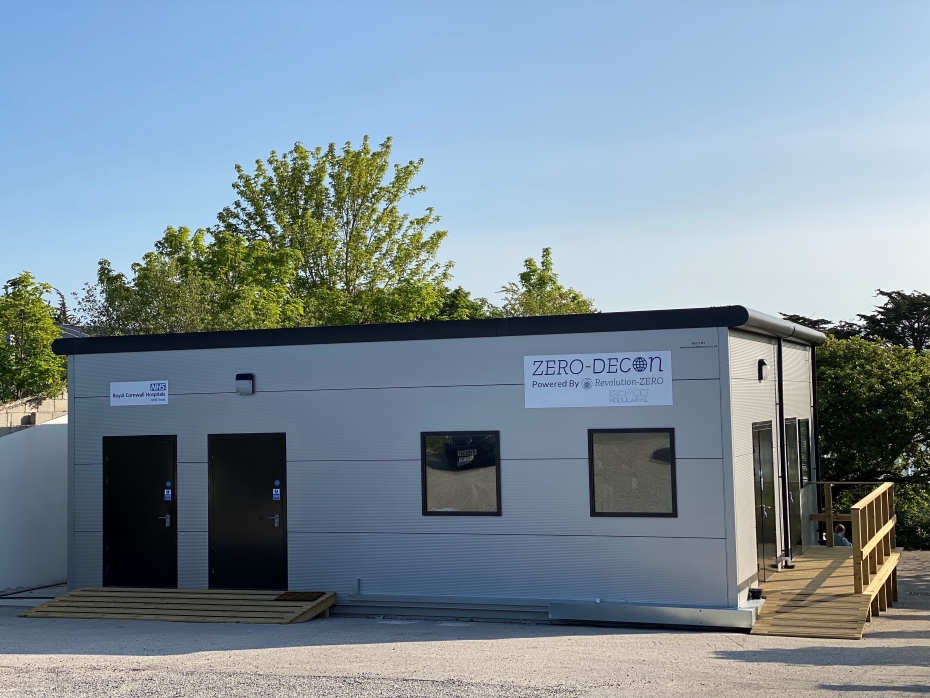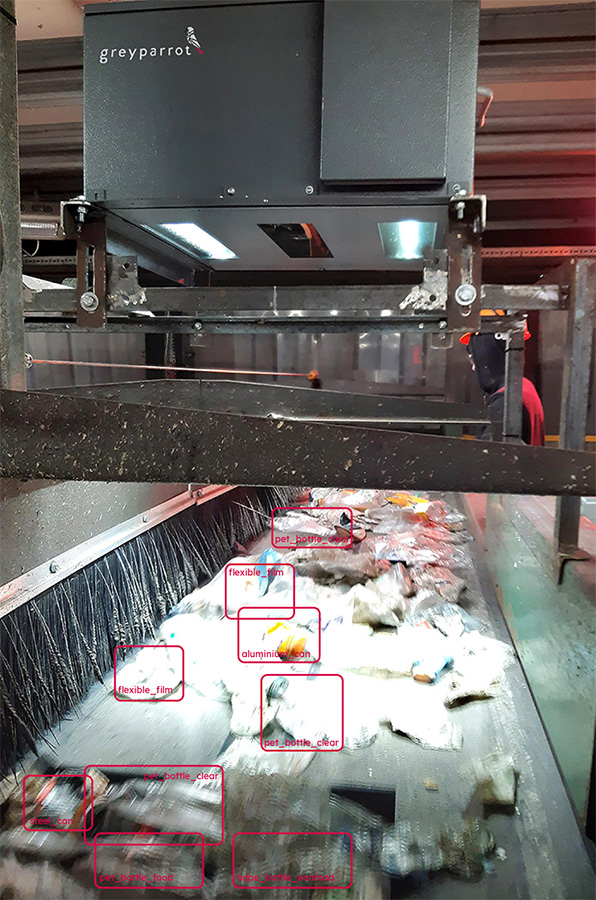UPM, one of the largest recyclers of used newspapers and magazines in the UK, announced plans to ‘permanently’ close Paper Machine 1 (PM1) ahead of its new profit improvement target to make savings across all businesses.

The two Shotton paper machines – PM1 and PM2 – have a combined annual capacity of 490,000 tonnes and produce 100% recycled newsprint.
Under the plans announced today, PM1 will cease operations by the end of the first quarter in 2015. Meanwhile, it is understood PM2 will not be affected by the changes and will continue paper production at the mill.
Shotton
Located on Deeside Industrial Park, the Shotton mill employs around 370 members of staff. If all the plans to close capacity would be implemented, UPM’s personnel at its paper mills in Europe would be reduced by approximately 550 persons by the end of 2015. The employee information and consultation processes will start during November in line with local legislation.
As well as changes to the UK operation, other permanent closures at UPM include newsprint machine 3 at UPM Chapelle in France, SC paper machine Jämsänkoski 5 at UPM Jämsä River Mills in Finland, and coated mechanical paper machine 2 at UPM Kaukas – also located in Finland.
In addition, the company plans to centralise UPM Paper ENA supply chain planning and order fulfillment activities to Augsburg and Dörpen in Germany.
Overcapacity
Jussi Pesonen, president and chief executive officer of UPM, said the company aimed to ‘adapt production’ to meet customer demand in light of overcapacity across the whole European paper business.
Mr Pesonen said: “During the past 12 months we have been able to improve our financial performance through streamlining but also through better focus and significant decrease in variable costs. Our new business structure has shown that it is capable of delivering results and we have been able to identify further profit improvement potential in our businesses. This potential we aim to capture in 2015.
“The European paper business is a case for itself. We have achieved a turnaround in profitability during 2014. Nevertheless, the current operating rates are unacceptably low and the current economic environment is not promising tailwind for 2015.
[testimonial id = “85” align=”right”]
“We plan to adapt our production to meet the profitable customer demand. We also ensure savings without endangering customer deliveries in the structurally declining market.”
‘Regret’
Bernd Eikens, executive vice president of UPM Paper ENA, added: “We regret the impact of planned closures on our employees who, even under considerable pressure, have been loyal and committed. However, we have to adapt our operations to the changing market environment – this is the only way for a sustainable future. With these planned actions we will ensure the efficient use of our remaining capacity in Europe.”
Shotton is one of three paper mills in the UK which make newsprint from used newspapers and magazines as well as from unsold material. The other two mills are Aylesford in Kent and Palm in King’s Lynn, Norfolk.
Within the newsprint sector there is an awareness of production overcapacity as newspaper sales decline. The mills are also facing pressure from newspaper publishers who are keen to drive down the amount they pay for reels of newsprint as they too are under more financial pressure because of falling newspaper sales.
The situation is also of interest to local authorities, because newspapers have traditionally been a high income stream in terms of recyclable material income.









Subscribe for free